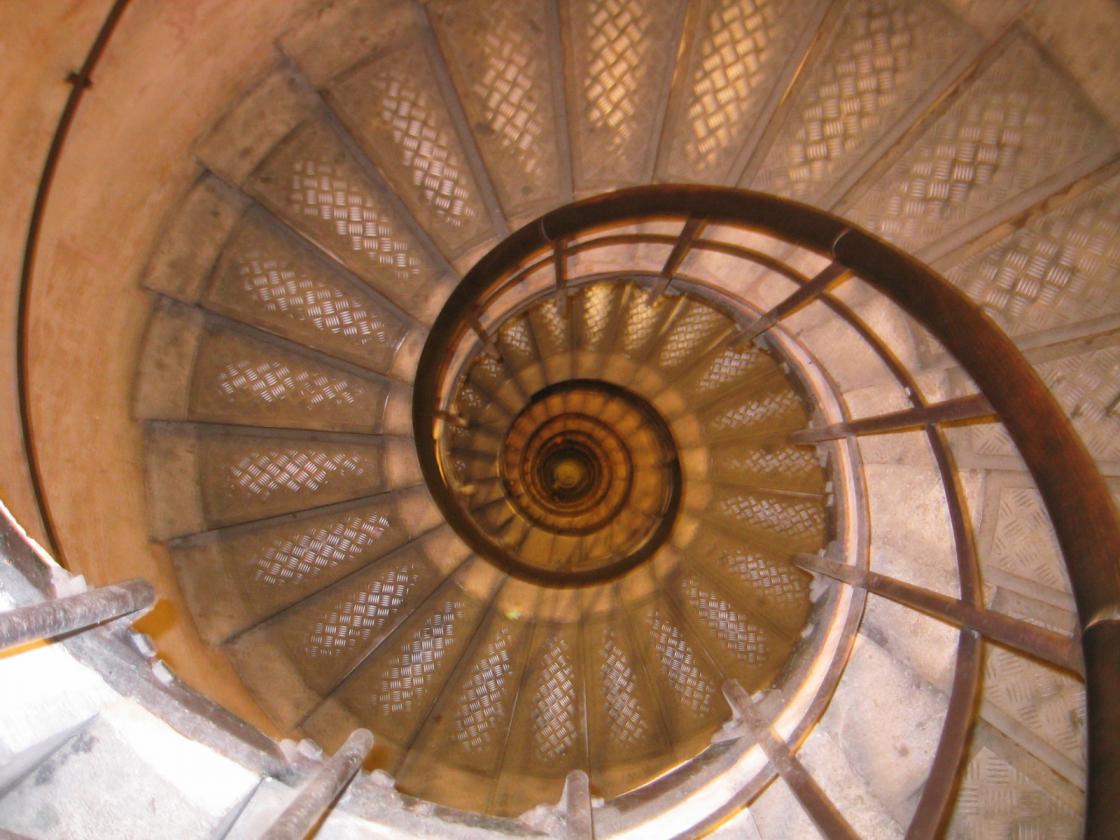What is Acupuncture?
The practice of acupuncture has evolved over thousands of years, and is one of the oldest continually practiced medical modalities in the world. Treatment involves the insertion of tiny needles at specific points along the energy pathways of the body; these pathways are called meridians.
 Acupuncture promotes the body's remarkable ability to heal itself.
Acupuncture promotes the body's remarkable ability to heal itself.
It is used to prevent and treat
disease, decrease stress,
balance the nervous system,
support immunity, relieve pain,
balance mood, enhance athletic performance, increase fertility,
and improve overall health and wellbeing.
This medicine in the hands of a trained and cultivate practitioner has the capacity to recognize and address the unique individual spirit of a patient, the spirit that arrives at the moment of conception. Once that spirit is seen and addressed it becomes possible to support the life that that unique human being came here to live. To practice acupuncture at this level requires cultivation of the practitioner. The deeper the cultivation, the more access a practitioner has to the possibilities held in the tradition of acupuncture to work at this depth. For me, this makes the study and practice of this medicine a life-long endeavor. The day-to-day practice with my patients, and ongoing participation in clinical trainings and retreats are ways that I cultivate my capacity to use this ancient form of medicine to the best of my abilities in the service of my patients.
What Does Acupuncture Feel Like?
 People are often concerned that acupuncture will hurt, however, acupuncture uses tiny needles that you hardly feel when inserted. When I gently stimulate the needles this may produce a sensation that we call de qi. Patients often describe de qi as a heavy, achy pressure, or spreading, traveling sensation. Less frequently you may also feel an "electrical" sensation moving along the meridian pathways. Patients often find acupuncture sensations satisfying and leave a treatment feeling deeply relaxed and clear mentally and physically.
People are often concerned that acupuncture will hurt, however, acupuncture uses tiny needles that you hardly feel when inserted. When I gently stimulate the needles this may produce a sensation that we call de qi. Patients often describe de qi as a heavy, achy pressure, or spreading, traveling sensation. Less frequently you may also feel an "electrical" sensation moving along the meridian pathways. Patients often find acupuncture sensations satisfying and leave a treatment feeling deeply relaxed and clear mentally and physically.
How Many Treatments Will I Need?
The benefits of acupuncture are cumulative, so more than one treatment is often necessary. Each person and situation is unique, so each situation is addressed individually. As a general rule, for
acute conditions you might expect
to have anywhere from 3 to 15 treatments, and you will usually
begin to feel relief after the first treatment or two. Chronic
conditions may take longer to
respond to treatment, depending
on the patient and the severity,
and duration of the condition.
Many people choose acupuncture as ongoing self-care to support their
health, immunity and overall sense of well-being, and for this reason
schedule regular appointments. For some this might be a treatment
every other week or monthly, for some a treatment at the change
of seasons, and for some simply as needed.
What Training Have I Had?
After graduating with a BA from St. Lawrence University, I graduated from The American College of Traditional Chinese Medicine in San Francisco. I had the good fortune to have an internship with the well-known Palo Alto acupuncturist, Miriam Lee.  I have been a board certified acupuncturist by the National Certification Commission for Acupuncture and Oriental Medicine (NCCAOM) since 1985 and a licensed acupuncturist in Vermont since 1990.
I have been a board certified acupuncturist by the National Certification Commission for Acupuncture and Oriental Medicine (NCCAOM) since 1985 and a licensed acupuncturist in Vermont since 1990.
I have studied the therapeutic use of essential oils with Peter Holmes, Lic.Ac. and CranioSacral Therapy through the Upledger Institute. In 2010 I had the privilege of encountering Taoist Five Element Acupuncture and Laura Clark Stelmok, Lic.Ac. and began an ongoing study with her of Taoist Five Element Acupuncture.
Your First Visit
The first visit starts with a conversation as I begin to have an understanding of your health history and how I can be a service to you. Pulse taking and sometimes an assessment of your cranial rhythm at your feet is part of the information gathering. Then we discuss a treatment plan. If acupuncture is part of that plan, I
insert tiny pre-sterilized, disposable acupuncture needles in acupuncture
points on your body. 
place my hands on your head,
assessing your Cranio-Sacral rhythm,
gently supporting your body to release
restrictions deeply held in the nervous system. This further facilitates a state of deep relaxation and healing. After the needles are in place, you rest comfortably for 15-30 minutes. Many people find acupuncture treatment deeply relaxing, and it is not uncommon to drop into a state of deep rest or to fall asleep during this time.
Some benefits of acupuncture include:
-Muscular Relaxation, Stress Reduction, and a feeling of Profound Well-Being
-Improved Immune Function
-Improved Digestion and Elimination
-Improved Sleep and Reduction of Anxiety
-Rebalancing Hormones, Improved Fertility
-Reduction of PMS and Menopausal Symptoms
-Rebalancing Appetite, Reduction of Cravings
What Can Acupuncture Treat?
Acupuncture works by activating the body's own healing powers, and can be beneficial for many health conditions. It was the primary system of medicine in China for thousands of years. The World Health Organization (WHO) has documented many symptoms, diseases, and conditions that have been shown in controlled clinical trials to be effectively treated with acupuncture. Below are some common conditions treated with acupuncture. Please feel free to contact me about your specific health condition.
 Pain
Pain
- Sports Injuries and Muscle Pain
- Back, Neck and Shoulder Pain
- Leg, Ankle and Foot Pain
- Arm, Wrist, Elbow and Hand Pain
- Knee, Hip and Tailbone Pain
- Carpal Tunnel Syndrome
- Tennis Elbow
- Repetitive Strain Injuries
- Jaw and Dental Pain (TMJ)
- Sciatica
- Arthritis
- Tendonitis
- Myofascial Pain Syndrome
- Headaches and Migraines
- Postoperative Pain
Digestive Issues
- Indigestion, Heartburn, Acid Reflux
- Irritable Bowel Syndrome (IBS)
- Ulcerative Colitis
- Chronic Indigestion
- Chronic Loose Stools or Constipation
- Ulcers
- Stomach Aches
- Poor Appetite
- Acute and Chronic Gastritis
- Morning Sickness
- Nausea and Vomiting
Mental and Emotional Well-Being
- Stress
- Anxiety
- Insomnia
- Depression
Respiratory Complaints
- Allergies
- Asthma
• Sinusitis and Sinus Infections
• Bronchitis, Pneumonia - Cough
- Colds and Flus
Reproductive Issues
- PMS
- Irregular or Painful Periods
- Cysts, Fibroids, Endometriosis
- Infertility
- Support during In Vitro Fertilization (IVF)
Other Conditions
- Post Concussion Syndrome
• Vertigo
• Bell's Palsy
• Tinnitus - Detoxification
- Skin Disorders
- General Malaise
- Immune Disorders
- Herpes, Shingles
- Supportive Therapy during Chemotherapy and Radiation Treatments

 Link
Link